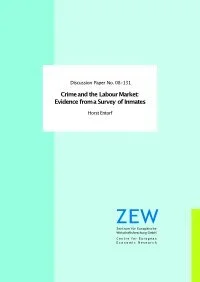By The American Civil Liberties Union and The University of Chicago Law School, Global Human Rights Clinic
Our nation incarcerates over 1.2 million people in state and federal prisons, and two out of three of these incarcerated people are also workers. In most instances, the jobs these people in prison have look similar to those of millions of people working on the outside: They work as cooks, dishwashers, janitors, groundskeepers, barbers, painters, or plumbers; in laundries, kitchens, factories, and hospitals. They provide vital public services such as repairing roads, fighting wildfires, or clearing debris after hurricanes. They washed hospital laundry and worked in mortuary services at the height of the pandemic. They manufacture products like office furniture, mattresses, license plates, dentures, glasses, traffic signs, athletic equipment, and uniforms. They cultivate and harvest crops, work as welders and carpenters, and work in meat and poultry processing plants. But there are two crucial differences: Incarcerated workers are under the complete control of their employers, and they have been stripped of even the most minimal protections against labor exploitation and abuse. From the moment they enter the prison gates, they lose the right to refuse to work. This is because the 13th Amendment to the United States Constitution, which generally protects against slavery and involuntary servitude, explicitly excludes from its reach those held in confinement due to a criminal conviction. More than 76 percent of incarcerated workers report that they are required to work or face additional punishment such as solitary confinement, denial of opportunities to reduce their sentence…..
-
and loss of family visitation, or the inability to pay for basic life necessities like bath soap. They have no right to choose what type of work they do and are subject to arbitrary, discriminatory, and punitive decisions.
The American Civil Liberties Union and The University of Chicago Law School, Global Human Rights Clinic, 2022. 149p.



